Moscow, a vibrant metropolis of history and innovation, invites travelers to embrace Moscow sustainable tourism eco-friendly practices, blending cultural exploration with environmental care. From cycling along the Moskva River to dining at farm-to-table restaurants, the city offers ways to minimize your footprint while enjoying its treasures. The Moscow CityPass supports this journey, providing a Troika card for public transport, discounts at green venues, and a digital guide for eco-conscious planning. Therefore, this guide offers practical tips for sustainable tourism in Moscow, ensuring a meaningful and planet-friendly adventure in 2025.
Why Choose Sustainable Tourism in Moscow?
Moscow’s vast parks, efficient metro, and growing eco-awareness make it a promising hub for Moscow sustainable tourism eco-friendly travel. By choosing local businesses and low-carbon activities, visitors can reduce environmental impact while supporting communities. The Moscow CityPass simplifies green travel, covering metro rides to eco-friendly sites and listing sustainable dining options. For instance, its app helps locate bike rentals or green-certified hotels, aligning with global trends where 84% of travelers prioritize sustainability.
Moreover, sustainable tourism preserves Moscow’s cultural and natural assets, like Gorky Park’s biodiversity, for future generations. Thus, with the pass, you can explore responsibly, leaving a positive imprint.
Stay in Eco-Friendly Accommodations
Choosing green lodging is a cornerstone of Moscow sustainable tourism eco-friendly travel. While Moscow lacks widespread eco-lodge options, several hotels prioritize sustainability through energy-efficient systems and waste reduction. For example, Hilton Moscow Leningradskaya uses LED lighting and water-saving fixtures, earning praise for its environmental efforts. Similarly, Azimut Hotel Olympic Moscow implements recycling programs and local sourcing, aligning with Green Key principles.
Access these hotels via Leningradsky or Dynamo metro stations using the Troika card (included with the pass). Rates start at ~7,000 RUB per night; book at hilton.com or azimuthotels.com. Because certifications like Green Globe are rare in Moscow, check hotel websites for sustainability policies. Therefore, opt for central locations to minimize transport emissions.
Tips for Green Stays
Request minimal room cleaning to save water, and reuse towels per hotel guidelines. Moreover, use pass discounts at hotel restaurants sourcing local ingredients, like Azimut’s Bakery Cafe. Bring a reusable water bottle to avoid single-use plastics, as tap water is potable in central Moscow with a filter. Since some hotels lack transparency, avoid greenwashing by verifying claims on platforms like Booking.com.
Use Public Transport and Bike Rentals
Moscow’s metro, one of the world’s most efficient, is a low-carbon lifeline for Moscow sustainable tourism eco-friendly exploration. With 450+ stations and trains every 1-2 minutes, it emits 75% less carbon than cars. The Moscow CityPass includes a Troika card, covering unlimited metro, bus, and tram rides. For example, reach Zaryadye Park from Okhotny Ryad metro in 5 minutes.
Additionally, Velobike, Moscow’s bike-sharing system, offers 5,000+ bikes across 600 stations. Rent via velobike.ru for ~150 RUB daily, using pass discounts. Because cycling reduces emissions, explore parks like Sokolniki or the Moskva Embankment. Thus, combine metro and bikes for a green city tour.
Navigating Green Transport
Load 500-1,000 RUB on your Troika card via pass instructions for seamless fares (~50 RUB per metro ride). Plan routes on mosmetro.ru, and use bike lanes on Tverskaya or Garden Ring for safety. Moreover, walk short distances, like from Red Square to Bolshoi Theatre, to cut emissions further. Since peak hours (8-10 AM, 5-7 PM) are crowded, travel mid-morning for comfort.
Dine at Local and Sustainable Eateries
Supporting local, farm-to-table restaurants is key to Moscow sustainable tourism eco-friendly travel, reducing food miles and boosting farmers. Dr. Zhivago, near Pushkinskaya metro, sources ingredients from Russian regions, serving dishes like borscht with regional beets (500 RUB). Similarly, LavkaLavka in Zamoskvorechye partners with local farms for organic pelmeni and kvass (600 RUB), accessible via Novokuznetskaya metro.
Use the pass’s guide to locate such eateries, and expect pass discounts at select cafes. Because these spots prioritize seasonal menus, check lavkalavka.com or drzhivago.ru for specials. Therefore, dine mindfully to support Moscow’s sustainable food scene.
Sustainable Dining Tips
Order only what you’ll eat to minimize waste, and bring reusable containers for leftovers. Additionally, try plant-based options at LavkaLavka, as vegan dishes cut emissions by up to 50%. Since some menus lack English, use a translation app like Yandex Translate. Pair dining with a visit to Danilovsky Market (Tulskaya metro) for local produce, enhancing your eco-experience.
Explore Green Spaces and Low-Impact Activities
Moscow’s 400+ parks and low-impact cultural sites offer Moscow sustainable tourism eco-friendly adventures. Парк "Зарядье", near Red Square, is a biodiversity hotspot with native plants and a carbon-neutral design. Free entry via Kitay-Gorod metro; guided eco-tours cost ~500 RUB (zaryadyepark.ru). For instance, its “Floating Bridge” offers skyline views without environmental harm.
Similarly, Apothecary Garden, Moscow’s oldest botanical garden (1728), showcases sustainable horticulture. Reach Prospekt Mira metro; entry ~200 RUB, with pass discounts. Because these sites are low-impact, plan 1-2 hours per visit. Thus, enjoy nature while preserving it.
Green Activity Ideas
Join Zaryadye’s eco-workshops, like seed planting, for hands-on learning (~300 RUB). Moreover, visit VDNKh’s Nature Pavilion (VDNKh metro) for exhibits on sustainable urban farming, free with pass entry. Bring a reusable coffee cup for park cafes, and avoid littering to protect ecosystems. Since summer (June-August) is ideal for parks, plan outdoor activities then.
Support Local Artisans and Markets
Buying from local artisans reduces carbon footprints and supports Moscow’s economy, a pillar of Moscow sustainable tourism eco-friendly travel. Izmailovsky Market, near Partizanskaya metro, offers handmade crafts like matryoshka dolls and wool shawls (~200-2,000 RUB). Open 10 AM–6 PM, liveliest weekends; entry ~50 RUB. For example, purchasing directly from vendors ensures fair wages.
В качестве альтернативы, GUM on Red Square (Ploshchad Revolyutsii metro) stocks Russian-made souvenirs, like Pavlov Posad scarves (~1,500 RUB). Because markets favor cash, carry rubles. Thus, use pass discounts at GUM’s Bosco Cafe for local snacks.
Shopping Sustainably
Haggle gently at Izmailovsky (10-20%), but respect fixed prices at GUM. Additionally, bring a reusable tote to avoid plastic bags, aligning with global waste reduction goals. Check vendor stalls for authentic tags to avoid mass-produced imports. Since markets are busy, visit mornings for calmer shopping.
Participate in Eco-Friendly Cultural Experiences
Moscow’s cultural scene offers sustainable activities, from eco-conscious theater to historical walks. Praktika Theatre (Tverskaya metro) stages plays like Green Souls with recycled sets, costing 1,500 RUB (praktikatheatre.ru). Similarly, MosVelo Tours offers eco-friendly walking tours of Soviet-era sites like Narkomfin Building (1,000 RUB, mosvelo.ru), accessible via Belorusskaya metro.
Use the pass’s guide to book such tours, and expect discounts. Because these activities have minimal environmental impact, they’re ideal for green travelers. Therefore, immerse in culture while treading lightly.
Cultural Eco-Tips
Choose evening shows at Praktika to save daytime for parks, and book tours early for small groups. Moreover, carry a notebook to sketch historical sites, reducing photo-related battery use. Since English guides are limited, confirm availability via tour websites. Pair with a metro-based itinerary to stay eco-friendly.
Practical Tips for Eco-Conscious Travel
To master Moscow sustainable tourism eco-friendly travel, plan with the Moscow CityPass. Purchase online at russiacitypass.com, selecting 1-5 days. Use the digital guide to find green venues, and load 500-1,000 RUB on the Troika card for metro or bike rentals. Moreover, pack eco-essentials: reusable water bottle, tote, and sunscreen (oxybenzone-free to protect water systems).
Learn phrases like “mozhnost’ pererabotki?” (is it recyclable?) to navigate waste bins. Because Moscow’s recycling is limited, sort waste at hotels with bins. For instance, travel off-peak (April-May, September-October) to ease overtourism. Finally, verify eco-claims to avoid greenwashing, checking certifications like EarthCheck.
Packing for Sustainability
Pack light to reduce transport emissions, using multi-use items like a scarf doubling as a blanket. Additionally, bring a solar charger for devices to cut energy use. Carry a cloth napkin to avoid disposables, and store digital tickets on the pass app to save paper. Since winters are cold, layer clothing to avoid over-heating indoors.
Navigating Moscow Greenly
Use Yandex Maps for real-time metro schedules, and avoid taxis unless shared via Yandex Go’s pool option. For example, contact Invataxi (+7 495 580-64-22) for accessible green transport. Check mos.ru for eco-events, like recycling drives. Since language barriers exist, use Google Translate for Cyrillic signs.
Проблемы, к которым следует подготовиться
Moscow’s eco-infrastructure lags behind Western cities, with limited recycling and few Green Globe-certified hotels. Smaller venues may lack English signage, requiring translation apps. Accessibility varies; call ahead for wheelchair access at Zaryadye (+7 495 531-0500). Moreover, greenwashing is a risk, so cross-check hotel claims on TripAdvisor. Be patient with slower service at eco-eateries prioritizing local sourcing.
Conclusion: Travel Moscow Sustainably
Moscow sustainable tourism eco-friendly travel weaves environmental care into the city’s cultural tapestry, from Zaryadye’s green trails to LavkaLavka’s organic plates. The Moscow CityPass empowers this journey with transport perks, discounts, and eco-tips, ensuring you explore responsibly. Whether cycling the Moskva or supporting artisans at Izmailovsky, your choices preserve Moscow’s charm. Therefore, grab your Moscow CityPass and embark on a green adventure in 2025.

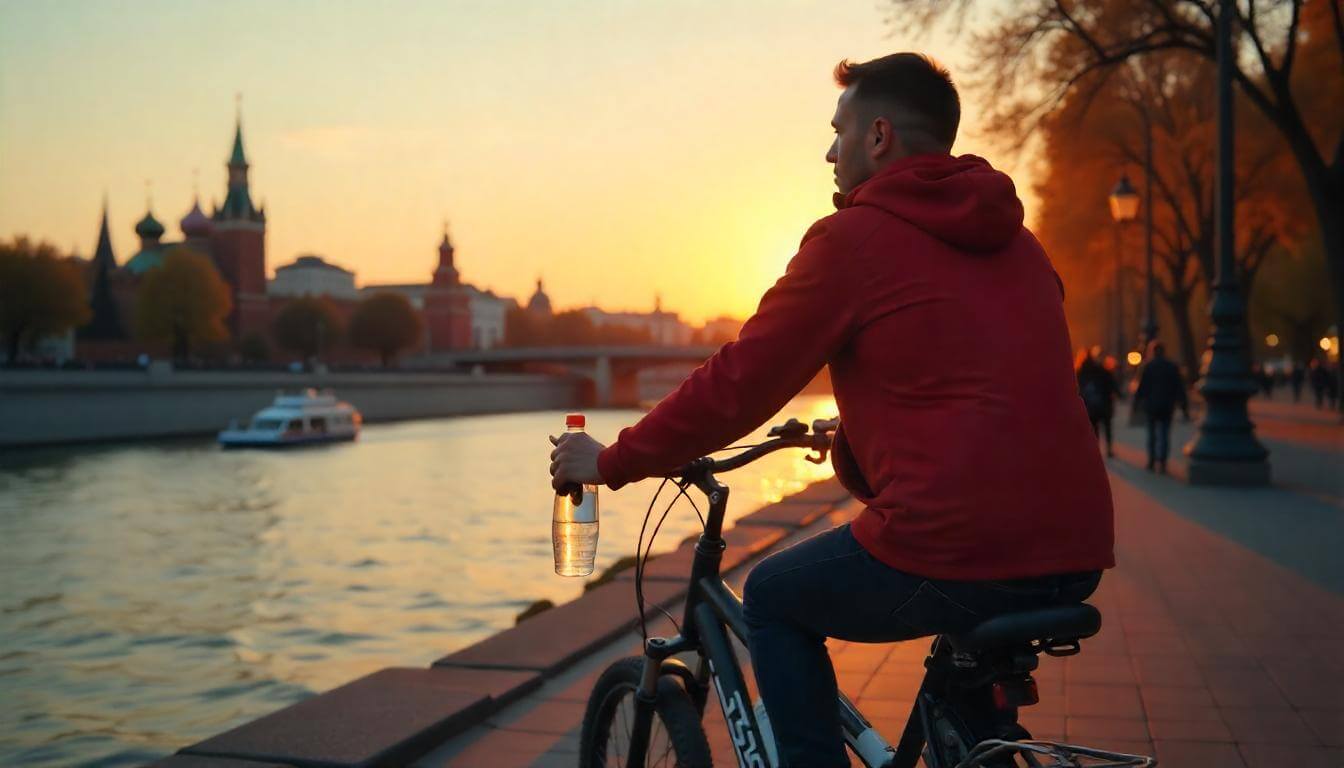 Устойчивый Туризм в Москве: Экологичные Советы для Путешественников на 2025 год">
Устойчивый Туризм в Москве: Экологичные Советы для Путешественников на 2025 год">

 Exploring Moscow’s Religious Landmarks and Spiritual Sites in 2025">
Exploring Moscow’s Religious Landmarks and Spiritual Sites in 2025">
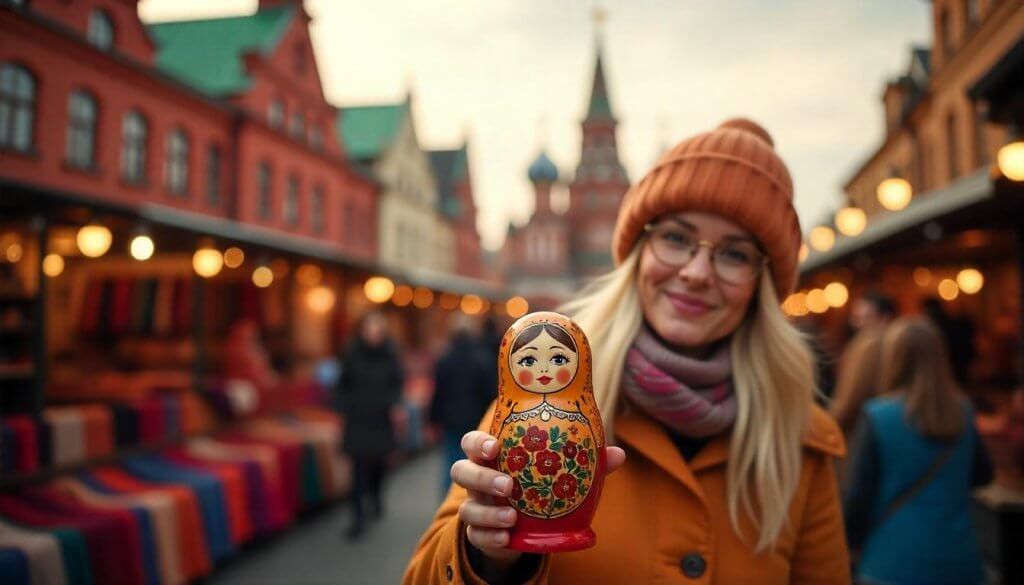 Moscow’s Most Instagrammable Locations in 2025">
Moscow’s Most Instagrammable Locations in 2025">
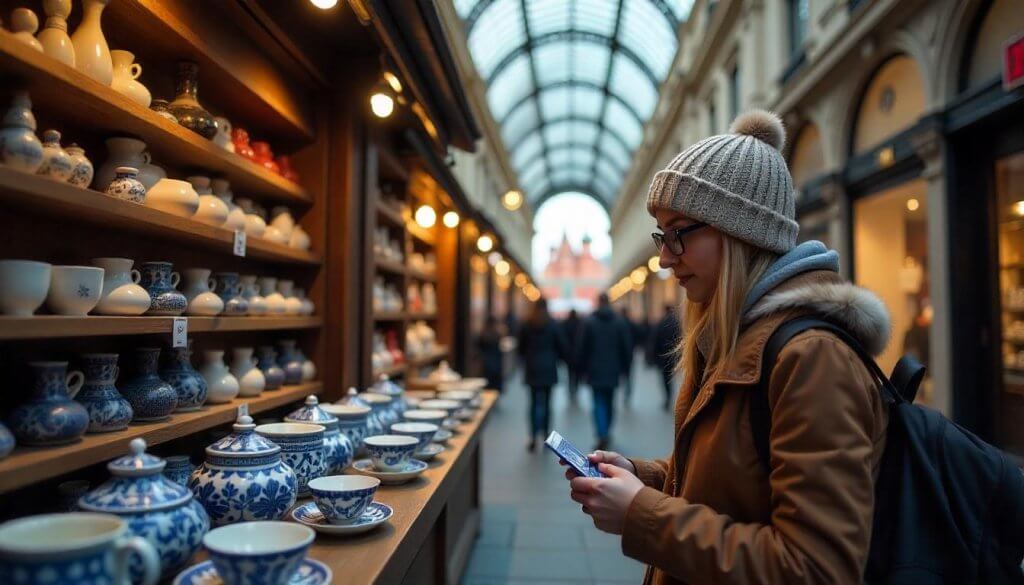 The Best Souvenirs to Bring Home from Moscow in 2025">
The Best Souvenirs to Bring Home from Moscow in 2025">
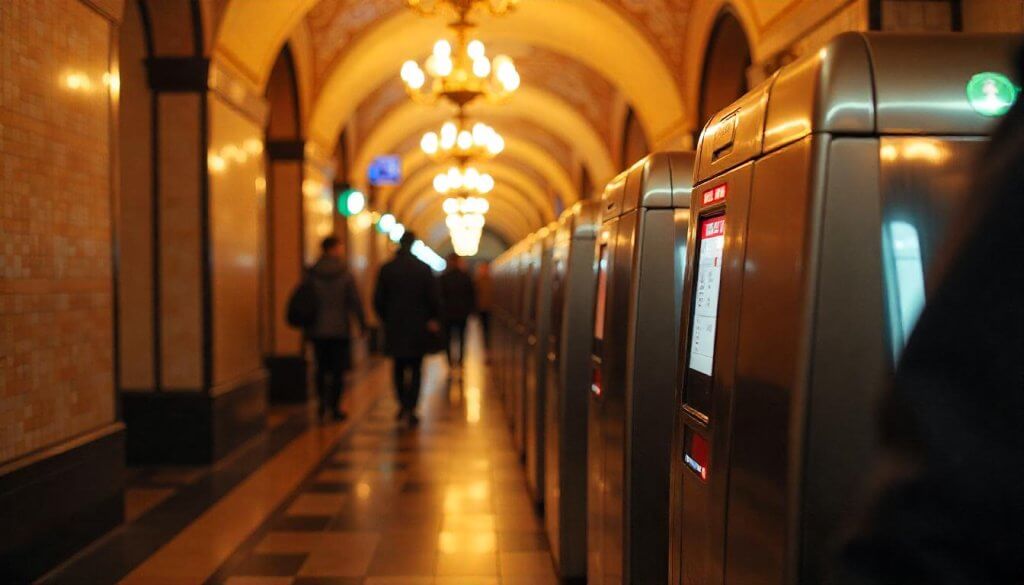 How to Use Public Transport in Moscow Like a Pro in 2025">
How to Use Public Transport in Moscow Like a Pro in 2025">
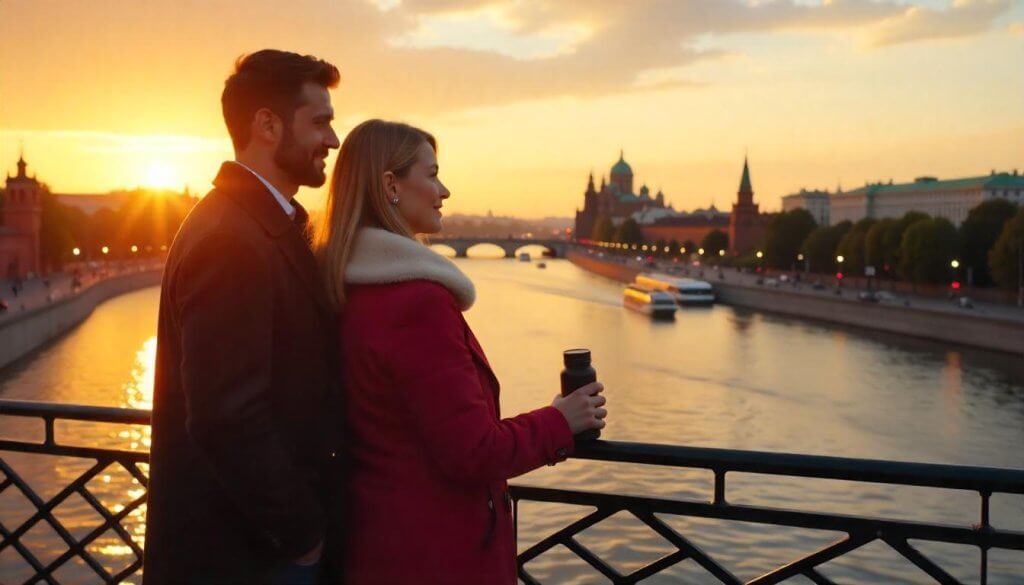 Лучшие панорамные виды и крыши Москвы в 2025 году">
Лучшие панорамные виды и крыши Москвы в 2025 году">
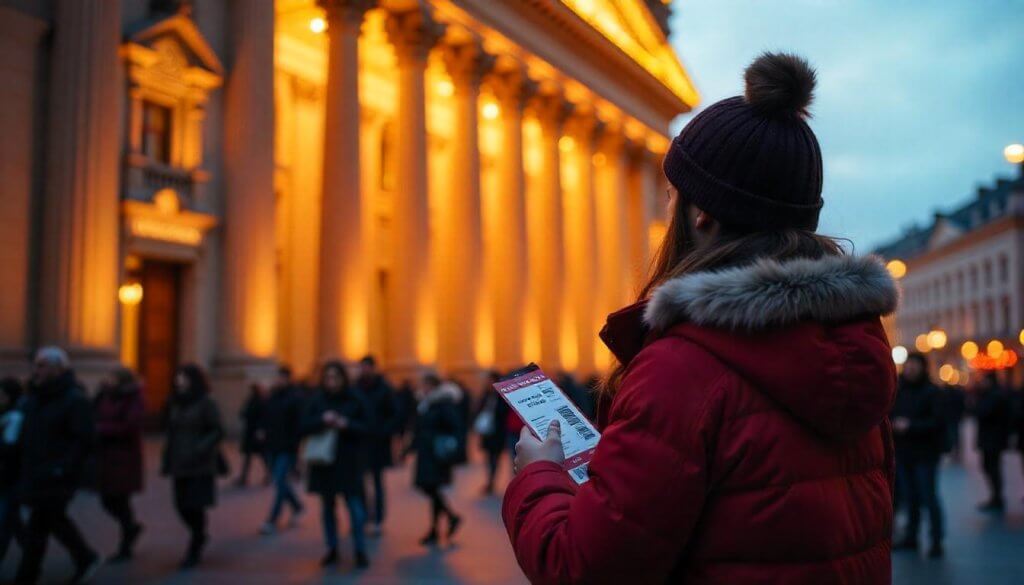 Путеводитель по театральным и музыкальным представлениям Москвы в 2025 году">
Путеводитель по театральным и музыкальным представлениям Москвы в 2025 году">
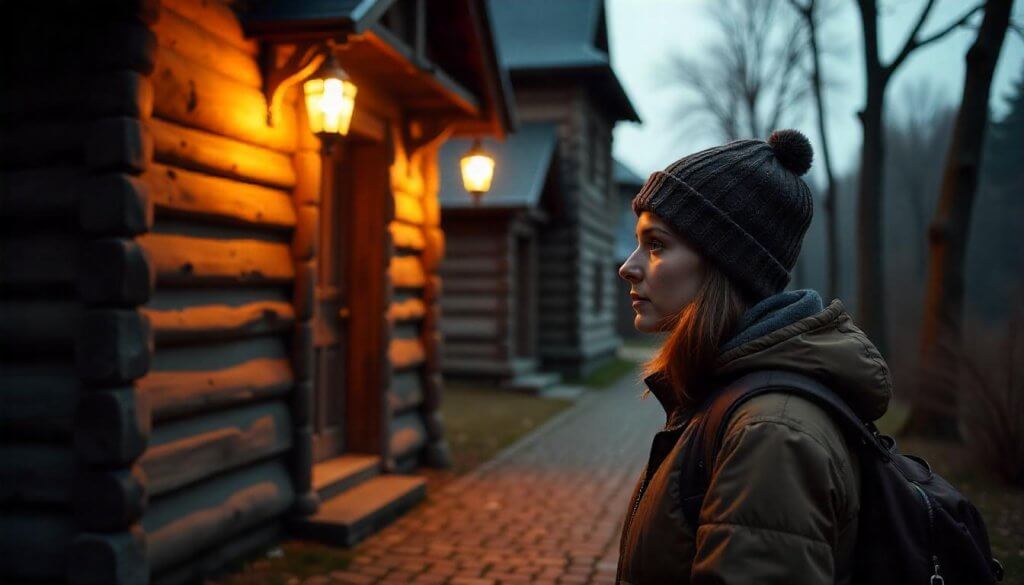 Москва для любителей истории: места и истории вдали от проторенных дорог в 2025 году">
Москва для любителей истории: места и истории вдали от проторенных дорог в 2025 году">
 Романтические места и развлечения для пар в Москве в 2025 году">
Романтические места и развлечения для пар в Москве в 2025 году">
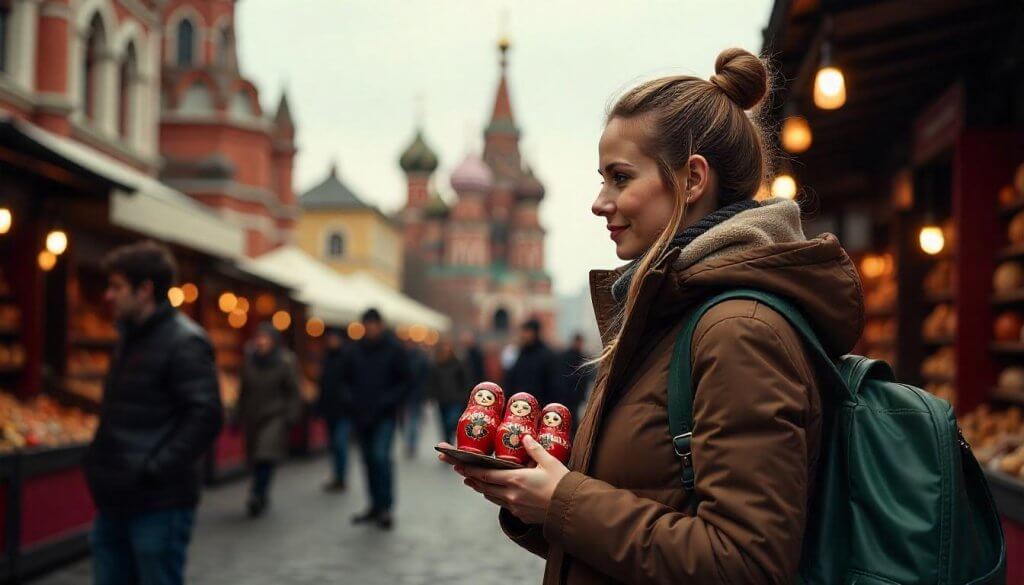 Шопинг в Москве: От роскошных бутиков до местных рынков в 2025 году">
Шопинг в Москве: От роскошных бутиков до местных рынков в 2025 году">
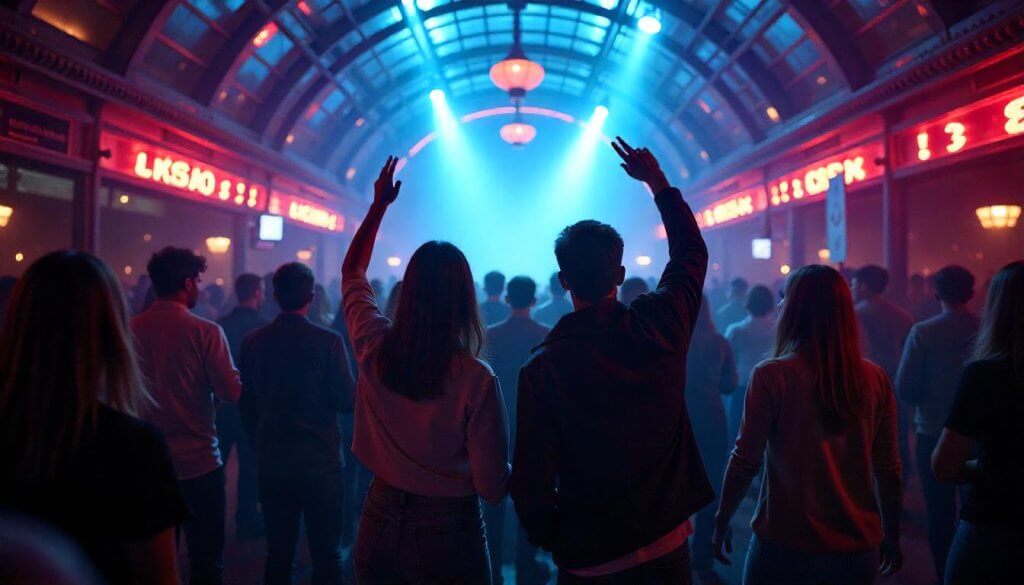 Ночная жизнь Москвы: бары, клубы и живая музыка в 2025 году">
Ночная жизнь Москвы: бары, клубы и живая музыка в 2025 году">